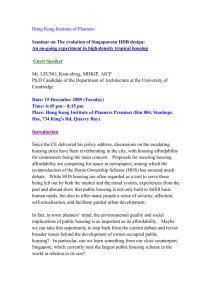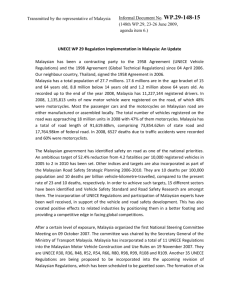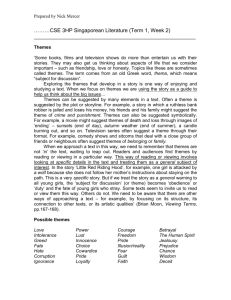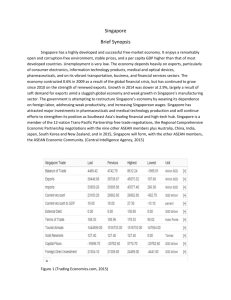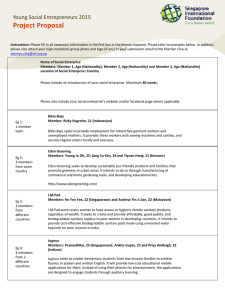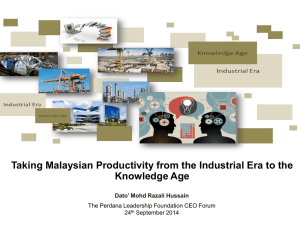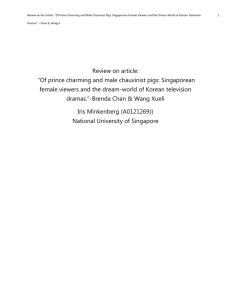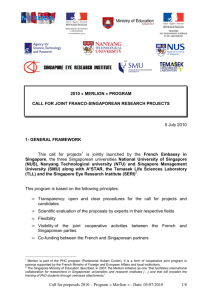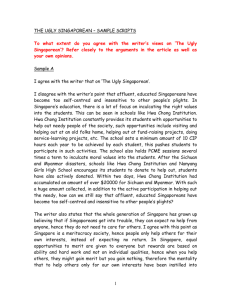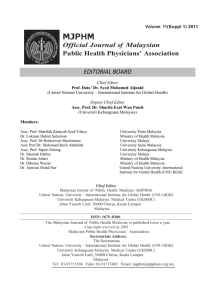Additional Country Insights
advertisement
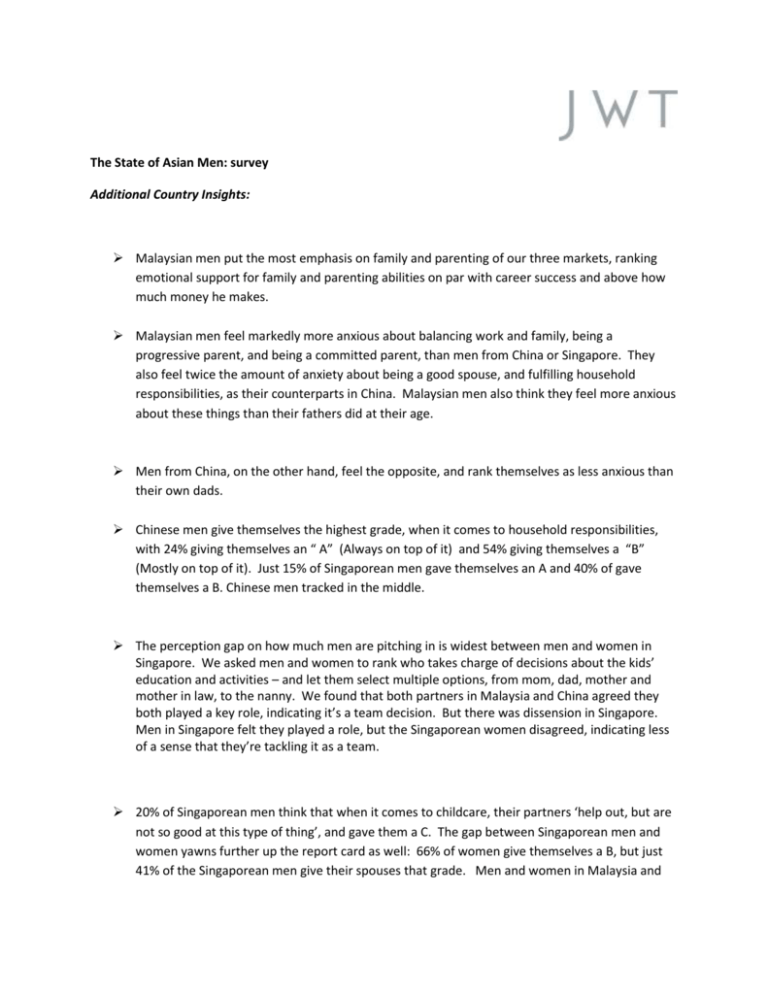
The State of Asian Men: survey Additional Country Insights: Malaysian men put the most emphasis on family and parenting of our three markets, ranking emotional support for family and parenting abilities on par with career success and above how much money he makes. Malaysian men feel markedly more anxious about balancing work and family, being a progressive parent, and being a committed parent, than men from China or Singapore. They also feel twice the amount of anxiety about being a good spouse, and fulfilling household responsibilities, as their counterparts in China. Malaysian men also think they feel more anxious about these things than their fathers did at their age. Men from China, on the other hand, feel the opposite, and rank themselves as less anxious than their own dads. Chinese men give themselves the highest grade, when it comes to household responsibilities, with 24% giving themselves an “ A” (Always on top of it) and 54% giving themselves a “B” (Mostly on top of it). Just 15% of Singaporean men gave themselves an A and 40% of gave themselves a B. Chinese men tracked in the middle. The perception gap on how much men are pitching in is widest between men and women in Singapore. We asked men and women to rank who takes charge of decisions about the kids’ education and activities – and let them select multiple options, from mom, dad, mother and mother in law, to the nanny. We found that both partners in Malaysia and China agreed they both played a key role, indicating it’s a team decision. But there was dissension in Singapore. Men in Singapore felt they played a role, but the Singaporean women disagreed, indicating less of a sense that they’re tackling it as a team. 20% of Singaporean men think that when it comes to childcare, their partners ‘help out, but are not so good at this type of thing’, and gave them a C. The gap between Singaporean men and women yawns further up the report card as well: 66% of women give themselves a B, but just 41% of the Singaporean men give their spouses that grade. Men and women in Malaysia and China, in contrast, largely agreed on the “childcare” grade the women received, and barely any gave the women a C. Singaporean women do think that their men have improved in areas across the board in comparison with their father’s generation – more so than Malaysian or Chinese women. Singaporean men were voted to have progressed most in terms of : o How they are able to express their emotions (40% more than father’s generation. China and Malaysia averaged 34%). o How tuned into their kids they are (41% more than father’s generation. China and Malaysia averaged 29%). o How tuned into women they are (30% more than father’s generation. China and Malaysia averaged 23.1%).

